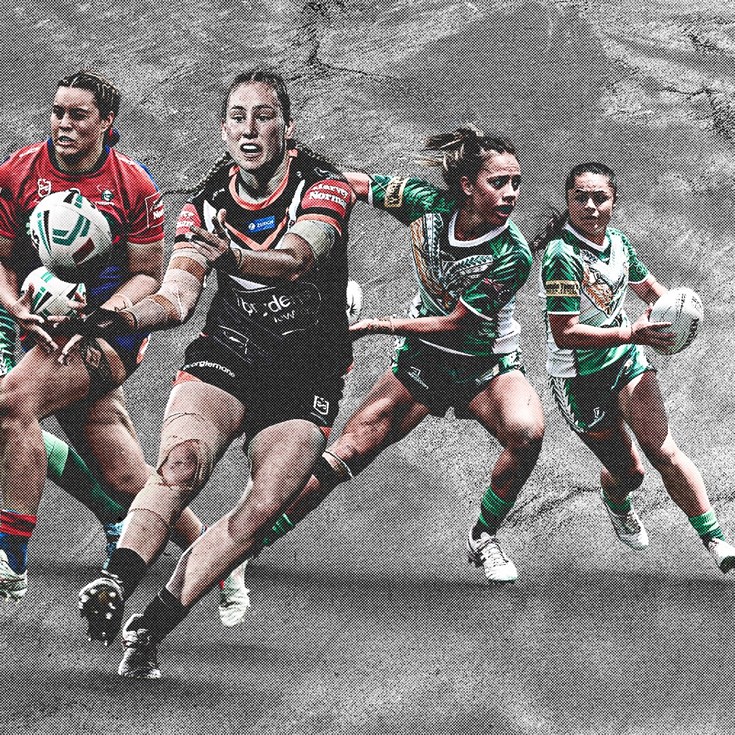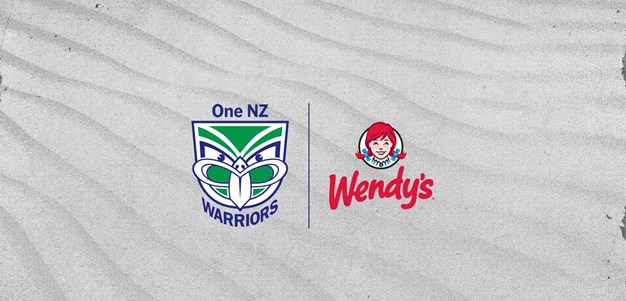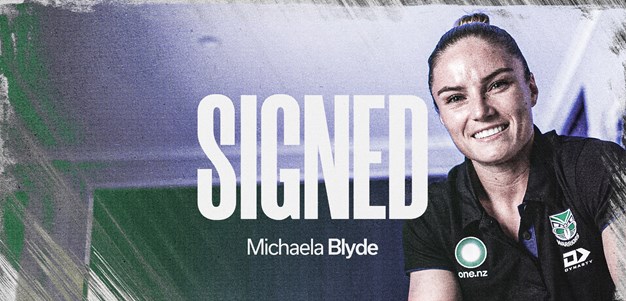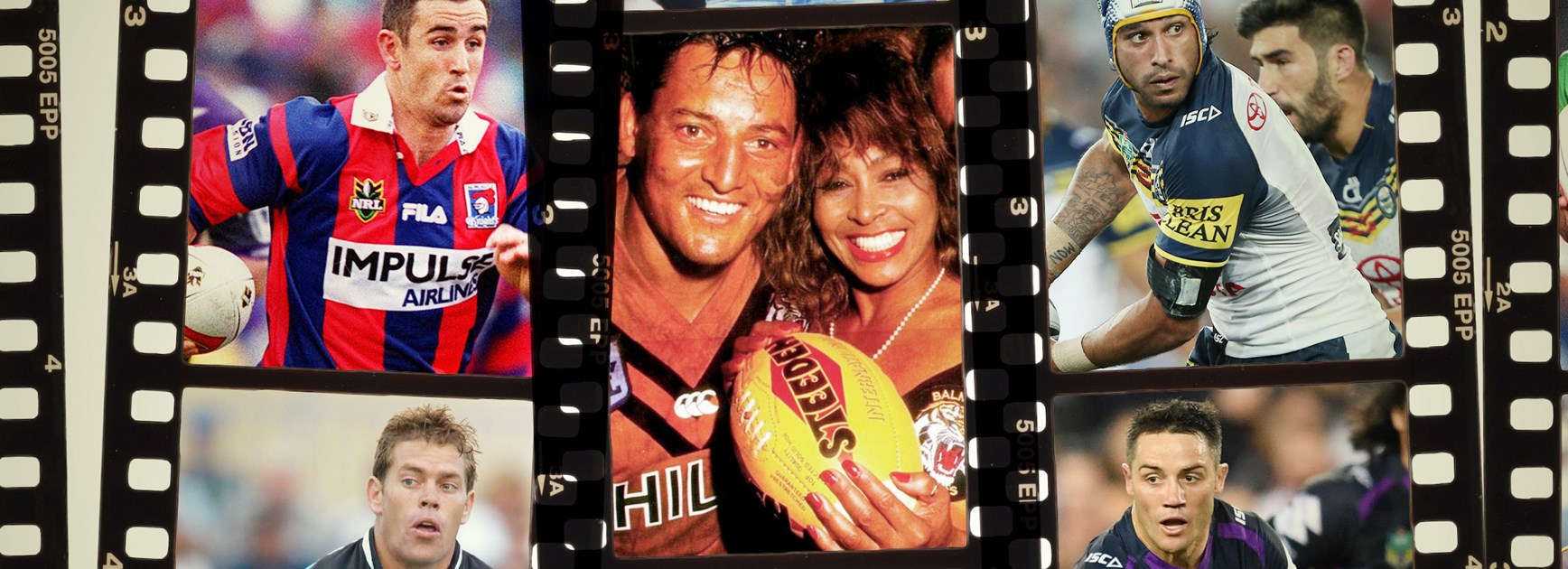
It's time to work out which playmaker has been the greatest of the great halfbacks of the past 30 years in the race to be crowned Simply The Best.
NRL.com recently launched the search for the Simply The Best players from 1990 to now to commemorate the 30th anniversary of the iconic Tina Turner promotional campaign, and is calling on the fans to have their say.
It's down to the eighth Immortal, Andrew Johns, and the legendary Johnathan Thruston.
You can no longer vote via the poll in this article - we have trimmed the 10 candidates down to the two frontrunners and polls on the official NRL Instagram and Facebook accounts will decide once and for all which player is Simply The Best.
- Billy Slater kicked off proceedings by winning the fullback poll in a landslide.
- The race to select the wingers was a beauty with Wendell Sailor and Hazem El Masri nudging out Brett Morris and Manu Vatuvei.
- Mal Meninga and Greg Inglis swept all before them to be named the centres.
- Darren Lockyer was a runaway winner for the five-eighth's title.
The NRL.com newsroom initially narrowed the race to be the best halfback down to a shortlist of 10.
To show how many supreme performers there have been in the No.7 jersey during the past three decades, the likes of representative stars the calibre of Craig Gower, Adrian Lam, John Simon, Mitchell Pearce, Scott Prince and Ben Hunt did not make the shortlist.
Hall of Famer Peter Sterling was not included in the 10-man list as he only played the first three seasons of this period in the twilight of his stellar Parramatta Eels career.
Simply The Best halfback nominees
(in alphabetical order)
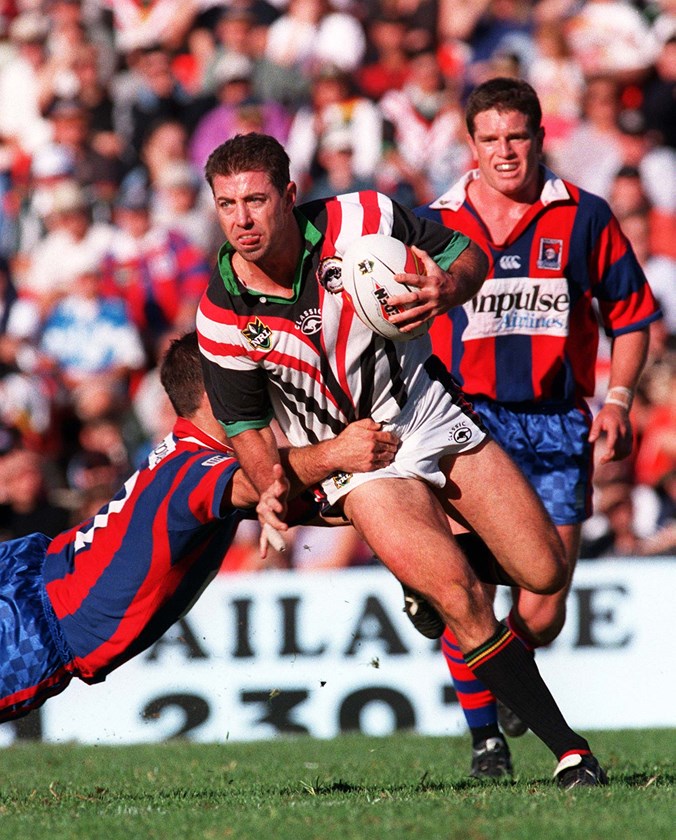
Greg Alexander
One of the most talented players of his generation, he was the spearhead of Penrith's 1991 maiden premiership after already rising through the representative ranks with NSW and Australia and winning a Dally M Medal. Alexander spent a couple of years with the Warriors before returning to the Panthers, retiring at the end of 1999.
Best finishes of 2019: You don't need a 'Plan B' with DCE
Daly Cherry-Evans
The Sea Eagles star enjoyed a memorable debut season in 2011, winning Dally M Rookie of the Year honours while also playing in the club's grand final victory over the Warriors and earning a call-up to the Australian team. He eventually established himself as Queensland's No.7 and has ascended to the captaincy at Manly in recent years.
Looking back at the best of Cooper Cronk
Cooper Cronk
For a player who was known as a utility when he came into first grade, Cronk sure established himself as a top-quality halfback. He was a member of Melbourne's grand final wins in 2012 and 2017 and then finished his club career with two more successive titles at the Roosters. He racked up 22 Origins for Queensland as well as 38 Tests for Australia to go with his 372 NRL appearances.
98. Andrew Johns - Hall of Fame
Andrew Johns
The eighth Immortal is recognised as one of the greatest players of all time. Someone who revolutionised the way a halfback played, he burst onto the scene with Newcastle in the mid 1990s and was the star of their 1997 ARL grand final win as well as their NRL premiership four years later. A prolific goal kicker, Johns also dominated at Origin level in 23 matches for NSW and as many times for Australia at Test level before he was forced to retire in 2007 due to a neck injury.
Stacey Jones - Hall of Fame
Stacey Jones
One of New Zealand's greatest all-time players, the durable playmaker made his first-grade debut in the Warriors' foundation year of 1995 and played 261 games for the club. Jones was the catalyst for the club's run to the 2002 grand final and also represented his country with distinction 46 times in the international arena.
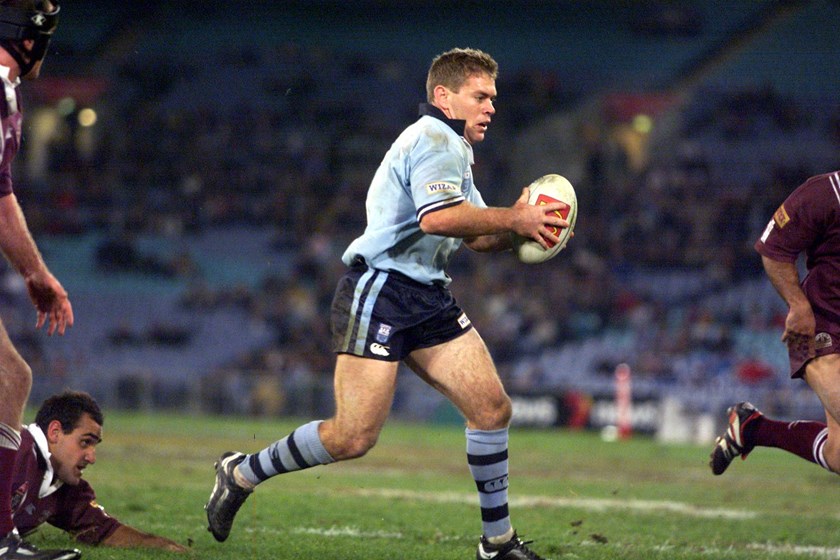
Brett Kimmorley
A clever halfback, he did not see a pathway to first grade at Newcastle with Andrew Johns at the club so after a brief stint with the Hunter Mariners in the Super League season of 1997, he joined Melbourne and won the Clive Churchill Medal in their 1999 grand final win over St George Illawarra. After an abbreviated stint with the Northern Eagles, he enjoyed a lengthy career with Cronulla and Canterbury while also playing 10 Origins for NSW and 22 Tests for Australia.
Origin Rivalries: Allan Langer v Ricky Stuart
Allan Langer
One of the most prolific winners at club, state and international level, the Hall of Famer stood tall in the game despite being one of the shortest players in the modern era. "Alfie" was among the Broncos' best in their premiership wins of 1992, '93, '97 and '98 before switching to England in 1999. He famously returned to play Origin in 2001 and finished his career with 258 club games, 37 appearances for the Maroons and 25 Tests for Australia on his impressive resume.
The best of Ricky Stuarts Origin career
Ricky Stuart
When it comes to kicking and passing, there have been few better exponents of those arts in the history of rugby league. Stuart made his name with the Canberra Raiders teams during their glory years from 1989-94, starring in their three grand final wins. A Hall of Famer, he also shone at representative level, donning the sky-blue of NSW 14 times and the green and gold on nine occasions in the representative arena.
JT's glorious career
Johnathan Thurston
A winner of a record four Dally M Medals, the Indigenous icon is widely regarded as one of the best players of the modern era. After winning a premiership on the bench with Canterbury in 2004, he switched to North Queensland and although they were runners-up the next season, he eventually guided them to premiership glory in 2015. "JT" lauded over the Origin arena in 37 matches for the Maroons during their period of dominance and also tallied 38 Tests for Australia.
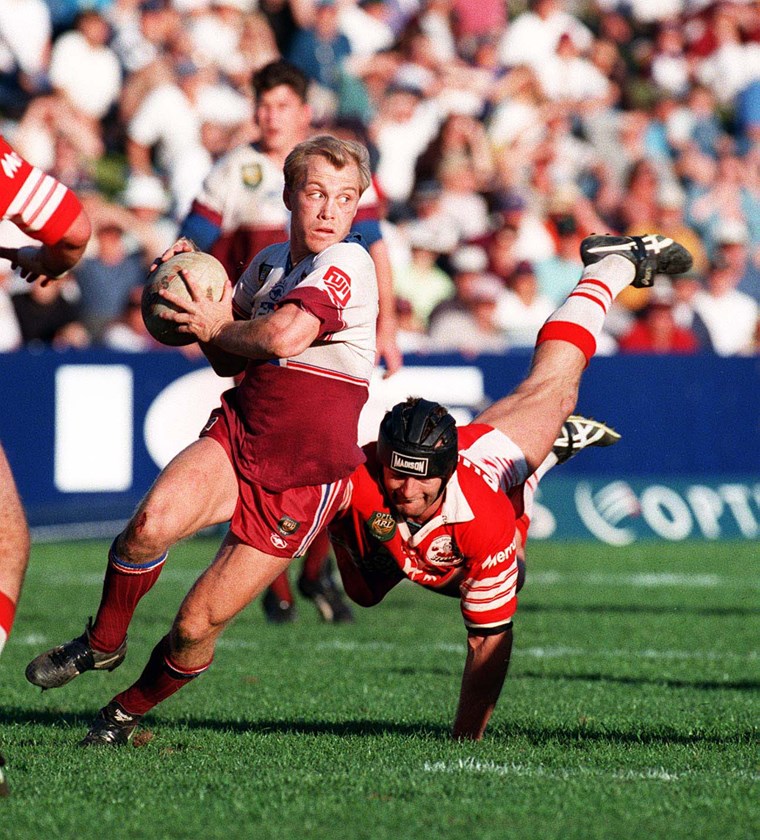
Geoff Toovey
One of the toughest players to ever lace up a boot, the Sea Eagles legend made up for a lack of size with some of the best one-on-one defence seen on a rugby league field. Toovey led Manly to the 1996 grand final win and was a standout performer for NSW and Australia in 15 and 10 matches respectively over a lengthy career which included 286 games for Manly and the Northern Eagles until he retired in 2001.
The views in this article do not necessarily express the opinions of the NRL, ARLC, NRL clubs or state associations.
